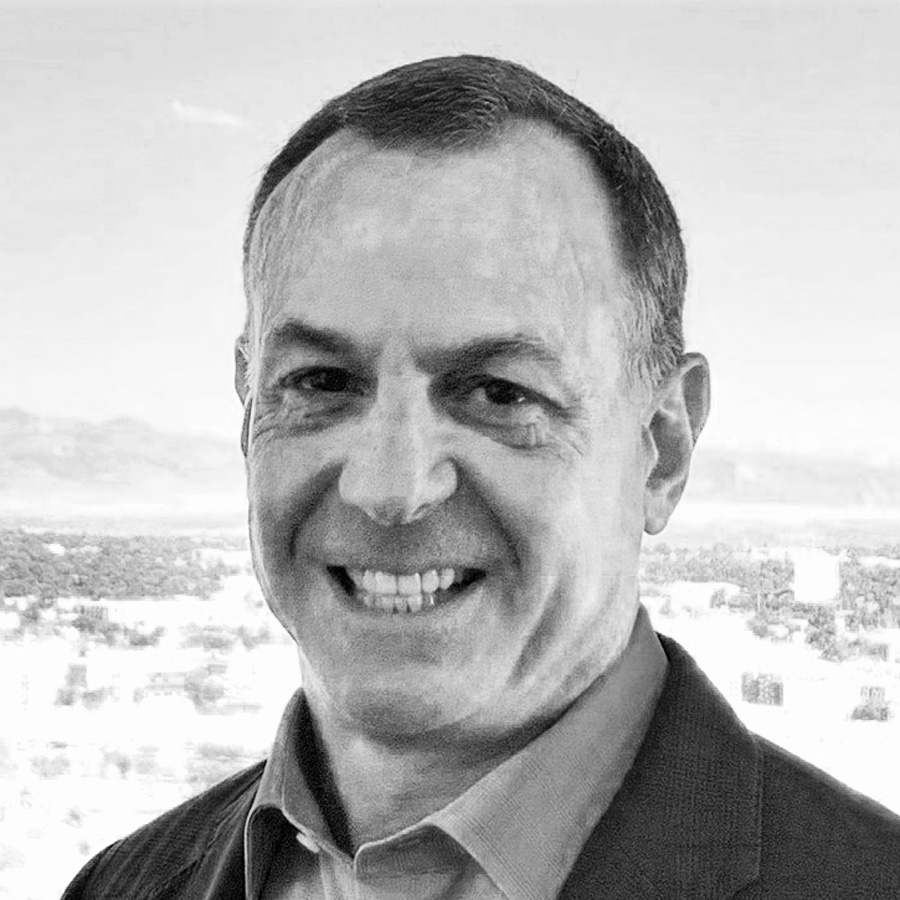ver 35 years in sales, sales training, sales management, and executive sales leadership. I had built a nice resume and achieved a lot of success at companies both big and small. And then: BAM!!! I was terminated by my boss for the first time ever. I was floored. Having put numerous individuals on a performance improvement plan (PIP), I was accustomed to the process and shocked when the process was not used with me. After all, my team had delivered over-quota performance in 2021 and finished second in the area (out of six regions) and fifth in the company (29 regions). We weren’t the best, but certainly the performance didn’t justify my termination. Something else must have been going on.
It was April 1, 2022 (yes, that’s right, April Fool’s Day). My boss told me that there were “multiple people” on my team complaining about my communication style and they felt that I “played favorites.” I asked what I had said or done to make them feel that way (I honestly didn’t know what he was talking about), and he told me that he couldn’t give me specifics or I would know who was complaining about me. I was flabbergasted. I asked, “Let me get this straight. You’re firing me because people on my team were saying that they had issues with my communication style and that I played favorites, but you can’t tell me what they said specifically?” HR was on the call and validated my manager’s comment of “that’s right.” This call was a textbook case of how not to terminate a seasoned leader who had made nearly four years of contributions to the company.
It felt like a gut punch. The ultimate message here was “I don’t want you on my team anymore.” This had never happened to me before, and I was somewhat in a state of shock.
The answer came to me rather quickly and clearly: I have to be my own boss. But how? Hell, I’m an old guy and don’t have a lot of expertise other than leading sales teams in high tech. And, based upon my most recent experience, at least one person believes that I’m no longer good at that. This was a real problem that was going to take some real thinking on my part to solve.
After an assessment and a review of about eight different potential franchises, I picked one: MilliCare. MilliCare is a commercial floor and textile cleaning franchise. It is credible (more than 25 years in existence), has a quality and differentiated product, and—this was a big one for me—is business to business vs. business to consumer. I was ready to go and knew that I could afford to take this risk. I bought the rights to the franchise in August of 2022.
- Fundamentally change two people’s lives. I’m going to give them an opportunity that they might not have otherwise gotten—I’m going to build a path for them to become partial owners in this business. (More on this shortly.)
- Create meaningful jobs for local residents where they will be appreciated and rewarded for doing a great job.
- Satisfy clients well beyond their expectations. I want us to do phenomenal work. We will do the highest quality work, we’ll be flexible, we won’t nickel and dime our clients, and we will absolutely ensure their happiness.
- I’m going to create passive income for at least 10 years. It’s not going to be great income, but it will be good income and will allow my wife and I to retire and not have to significantly change our lifestyle.
Research shows that the number one reason why people leave companies is because they are not appreciated. I’ve been there and seen that—numerous times. I am totally committed to showing my appreciation for my employees, not just financially but also by publicly recognizing their performance and allowing them to share in the success of the business.
In October, I hired a lead technician. His name is Chris. Chris’ first order of business is to hire a team of floor cleaning technicians, train and develop them to do great work, and delight our clients. In the beginning, Chris and I are doing all of the cleaning, but in the not-too-distant future, his team(s) will be doing the actual cleaning and he’ll be leading/coaching them. He gets to build his own team and grow them in his way. But that’s not unique or revolutionary. That’s how great companies get built.
Here’s what’s different: On Chris’ five-year anniversary with the company, I am going to grant him 10 percent ownership in the company. He will also retain 10 percent of the profits as part of his ownership. In about a year, I’m going to hire a salesperson (I’ll be doing the client acquisition for the first year). I’m going to make that same offer to that person.
Based upon the business plan that I’ve put together, I expect that this company will be clearing about $500K in profit in five years. The company should be worth about $1.5M by then and 10 percent ownership means $150K of equity and 10 percent of the profits should increase Chris’ income by $50K per year. I believe that these are life-altering numbers for Chris and his family. And I’m all too happy to share the company’s success with Chris and his future sales leader peer.
Most importantly, I want to build a team where nobody ever has to utter the words “this can never happen to me again!”
